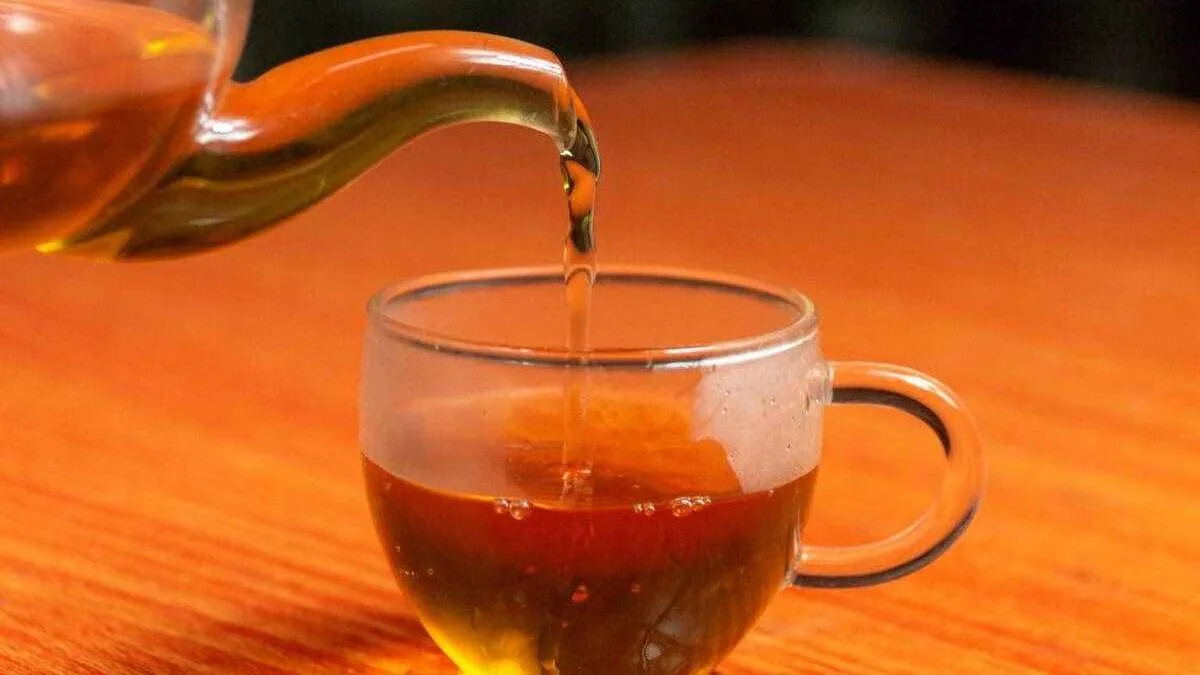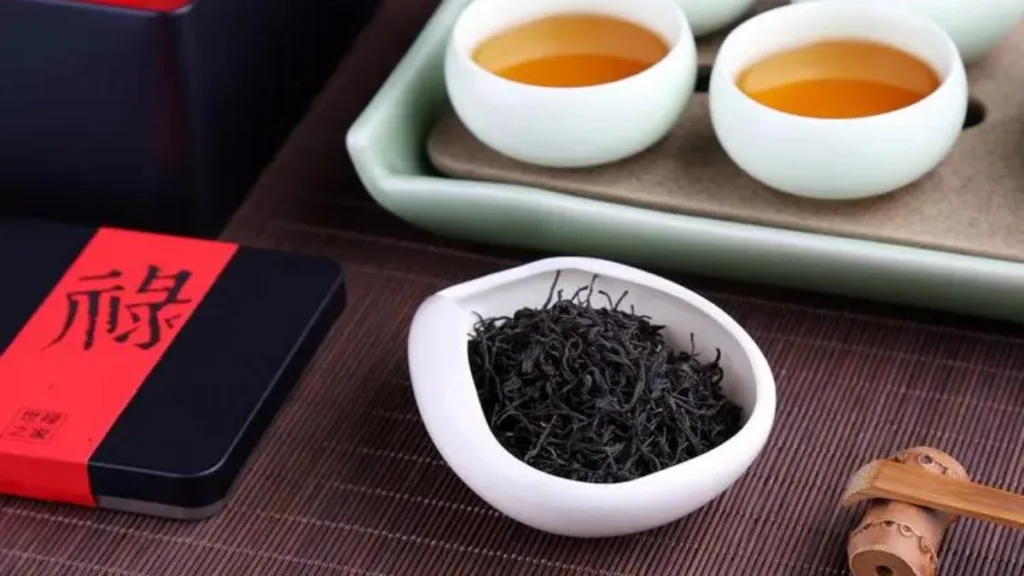For those with diabetes or tea enthusiasts concerned about sugar intake, the question of whether black tea can lower blood sugar and reduce internal sugar levels arises. Today, let’s delve into this topic and explore the detailed aspects of the potential impact of black tea on blood sugar.
Drinking black tea in moderation can have an assisting effect on blood sugar, especially for individuals with diabetes. This is attributed to the significant presence of flavonoids in black tea, which not only act as antioxidants, clearing free radicals from the body but also aid in the metabolism of sugars, calories, and fats. This dual action contributes to the supportive treatment of diabetes. However, individuals with diabetes can also consider incorporating green tea or herbal teas like mint tea, honeysuckle tea, and dandelion tea into their routine. These teas have been known to assist in lowering blood sugar levels while helping control triglycerides and cholesterol, preventing excessive weight gain.
Black Tea and Blood Sugar: The Connection
Black tea has been suggested to have a positive impact on blood sugar levels. Individuals with elevated blood sugar are advised to pay attention to their diet, engage in regular exercise, and, if necessary, undergo treatment with medications such as metformin. Here’s how black tea may contribute:
- Stimulation of Insulin Secretion: Black tea can stimulate the secretion of insulin, thereby lowering the peak blood sugar levels after meals. The presence of tea polyphenols in black tea inhibits the activity of glycosidase, reducing the absorption and slowing down the breakdown of sucrose and starch. This, in turn, contributes to the effect of lowering blood sugar.
- Flavonoids and Antioxidant Properties: Black tea contains rich flavonoids and potassium ions. Flavonoids possess potent antioxidant properties, while potassium ions contribute to the protection of the heart. This dual action not only aids in preventing oxidative stress but also serves as a preventive measure against diseases like heart attacks and cardiovascular issues.
Managing High Blood Sugar: Lifestyle Tips
For individuals with high blood sugar, dietary and lifestyle adjustments are crucial. In terms of diet, incorporating fresh fruits and vegetables such as dragon fruit, peaches, spinach, and bok choy is recommended, while limiting the intake of high-sugar and high-fat foods like cakes and milk tea. Engaging in regular physical activity, such as post-meal walks or yoga, helps expend excess calories. In cases of elevated blood sugar, medical guidance is essential, and medications such as metformin may be prescribed.
Tea Choices for Diabetes: Reducing Sugar Intake
Generally, individuals with diabetes can consume black tea. However, it is advisable to refrain from adding any form of sugar during the tea preparation process. For those with diabetes, minimizing sugar intake is often recommended to avoid adverse effects on stability.
For individuals with diabetes, who typically experience abnormal sugar metabolism resulting in elevated blood sugar, drinking black tea in moderation generally does not cause significant fluctuations in blood sugar levels. However, caution is advised against adding excessive sugar during consumption, as this could lead to a noticeable increase in blood sugar levels, potentially exacerbating the condition.
In daily life, if individuals with diabetes experience significant fluctuations in blood sugar, early consultation with a healthcare professional is recommended. Treatment, including the use of antidiabetic medications, can then be initiated under the guidance of a healthcare provider to effectively control blood sugar levels.
In conclusion, black tea, with its unique properties and compounds, can potentially play a supportive role in managing blood sugar levels, particularly for individuals with diabetes. However, it is crucial to approach tea consumption with mindfulness, making dietary and lifestyle choices in consultation with healthcare professionals to ensure the best management of blood sugar levels.



